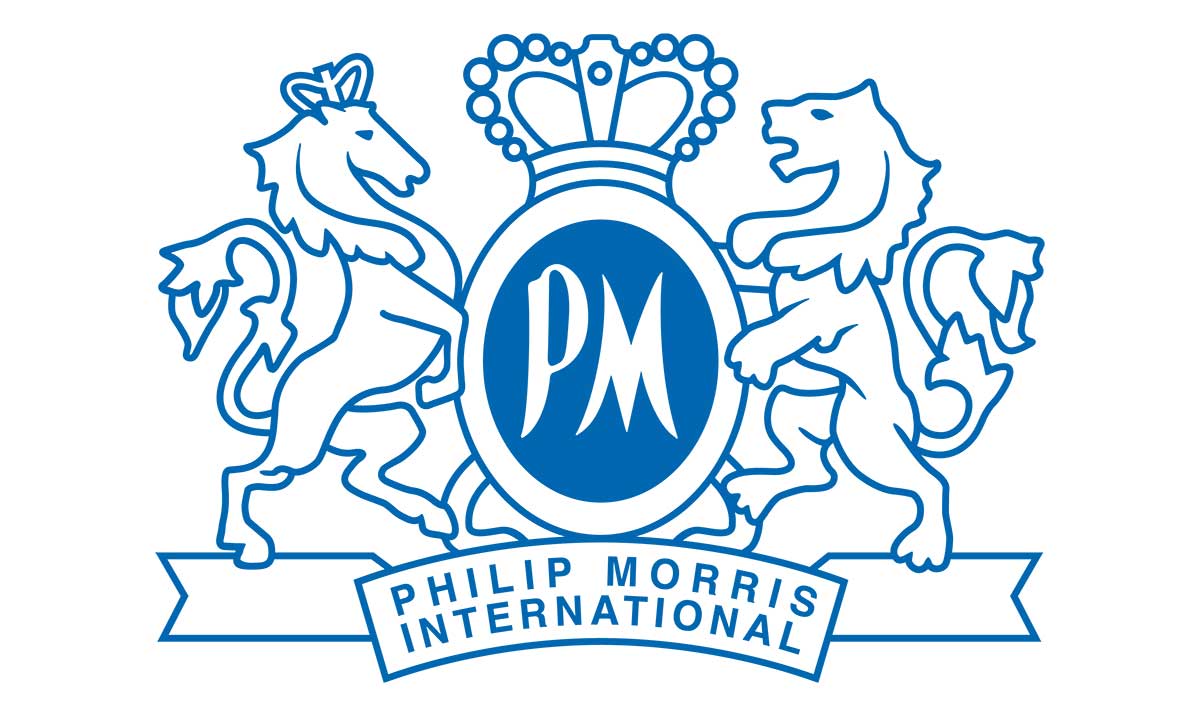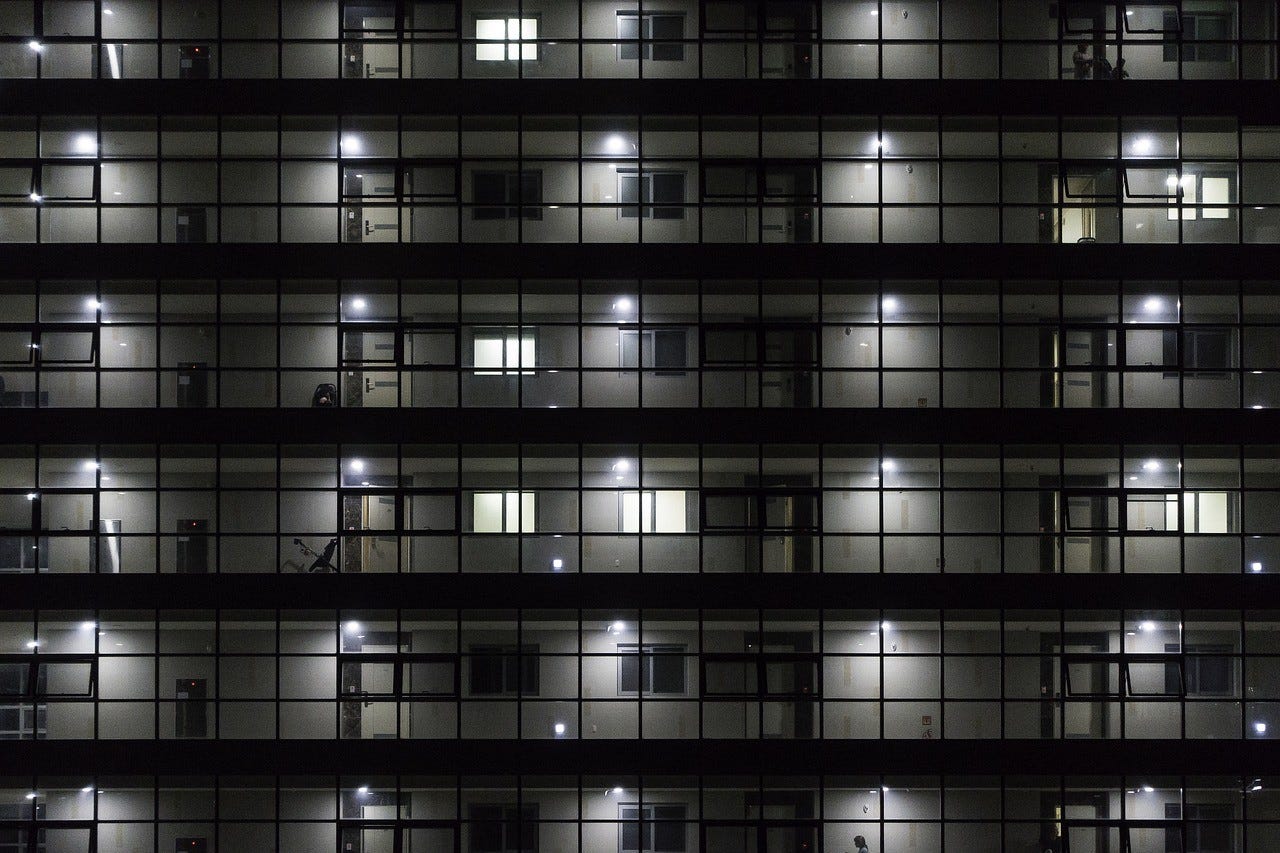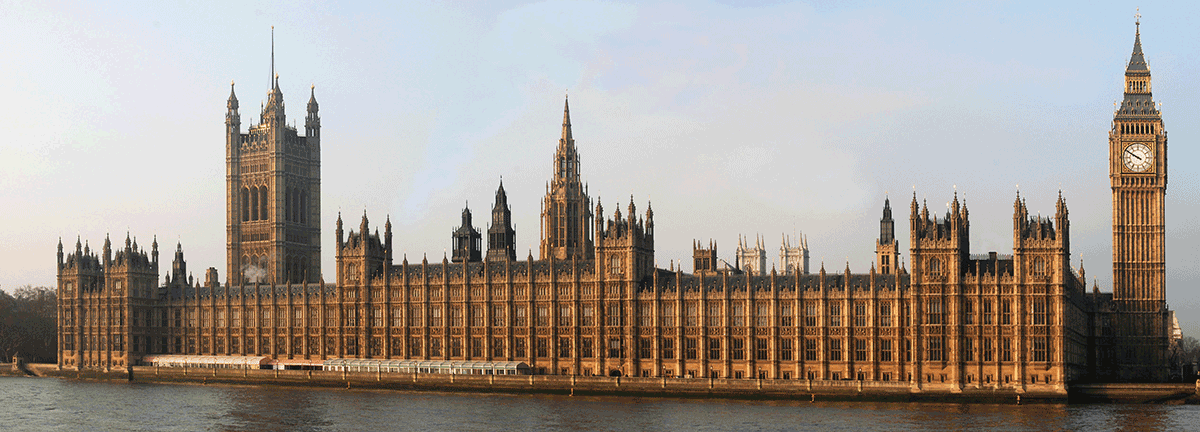Philip Morris International (PMI) has been ordered by the British government to stop advertising its iQOS devices.
The UK's Department of Health has sent a formal warning to the tobacco giant after discovering it had been illegally supplying newsagents and corner stores with posters promoting its "healthier alternative" to the Marlboro cigarettes it has been selling for generations.
The new smokeless cigarette devices, which stand for "quit original smoking", have cost $3 billion to develop by PMI and while they are less dangerous than smoking, they are not as low risk as vaping, according to reports.
Using an electronic "heat not burn" system, which heats tobacco sticks up to 350°C, around half the temperature of cigarettes, it generates a nicotine-containing vapour and is part of the company's long-term strategy of building a "smoke-free future".
But during an investigation, British newspaper The Telegraph, found the world's largest tobacco firm had been flouting British rules by illegally advertising the iQOS on Britain's high streets. The UK government has now sent a formal order to remove them immediately.
Speaking to the newspaper, the public health minister, Steve Brine, warned that the department was now prepared to take legal action against Phillip Morris in order to protect UK consumers from further being targeted by the adverts.
Unlawful advertisement of tobacco can result a financial penalty or custodial sentence of up to six months.
Phillip Morris denies the adverts are illegal and claims it wants to help smokers by providing them with better tobacco alternatives.
But the iQOS posters are in breach of a strict long-standing ban on advertising tobacco and tobacco-related products, the Department for Health and the National Trading Standards Institute have confirmed.
Public Health Minister Steve Brine told the newspaper: "We have been explicit that the promotion of tobacco products is unlawful - as my letter to Phillip Morris International makes abundantly clear."
"Smoking kills 78,000 people every year and I am personally committed to doing all I can to protect people from the harms of tobacco. We expect PMI to stop this unlawful advertisement of tobacco products and we will not rule out legal action if they continue."
Previously Peter Nixon, UK managing director at Phillip Morris, has defended the adverts claiming they are lawful because tobacco advertising laws were designed for cigarettes, not new-style tobacco heaters which are lower risk, and designed to help people quit cigarettes.
He said: "We have already replied to the Department's letter asking for an urgent meeting to clarify the concerns. We believe that all of our activities are within the law. Our business is committed to helping smokers switch from cigarettes to better alternatives as fast as possible."
Deborah Arnott, chief executive of Action on Smoking and Health, described Phillip Morris' actions as "barefaced cheek". She said: "The legislation is very clear that advertising which has the effect of promoting tobacco products is illegal. That includes iQOS, just as it includes pipes used for smoking tobacco. It's a barefaced cheek for Philip Morris to argue otherwise."
Some arms of Trading Standards are now said to have removed some posters from a number of stores in both London and Glasgow.
The news comes just a few months after Philip Morris experienced its "worst day in a decade" with shares in the company tumbling thanks to rapidly declining cigarette volumes and sales of its iQOS product reporting to have "plateaued". The fall was its biggest one-day slide since becoming a public company in March 2018 with shares ending down 16 per cent.
"Device sales were slower than our ambitious expectations," the company's chief financial officer, Martin King, said at the time.
The slow-down was blamed on iQOS already reaching the easily adaptable youngsters of Japan but consumers aged 50 plus, who make up 40 per cent of the country's adult smokers, are proving to be a much bigger challenge.
"We are now reaching different socioeconomic strata with more conservative adult smokers who may have slightly slower patterns of adoption," admitted King.
After launching in Japan in 2016 the iQOS was initially a resounding success after it captured 16 per cent of the tobacco market and pushed smoking rates down.
But excitement over the product has since flagged and has plateaued "a bit earlier in the year than what we had foreseen, and this isn't unusual," King added.






Leave a comment
This site is protected by hCaptcha and the hCaptcha Privacy Policy and Terms of Service apply.